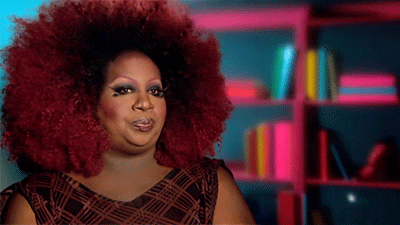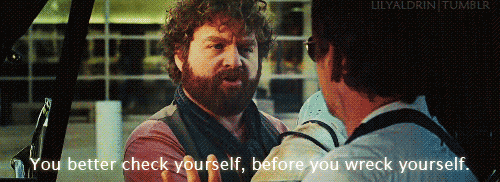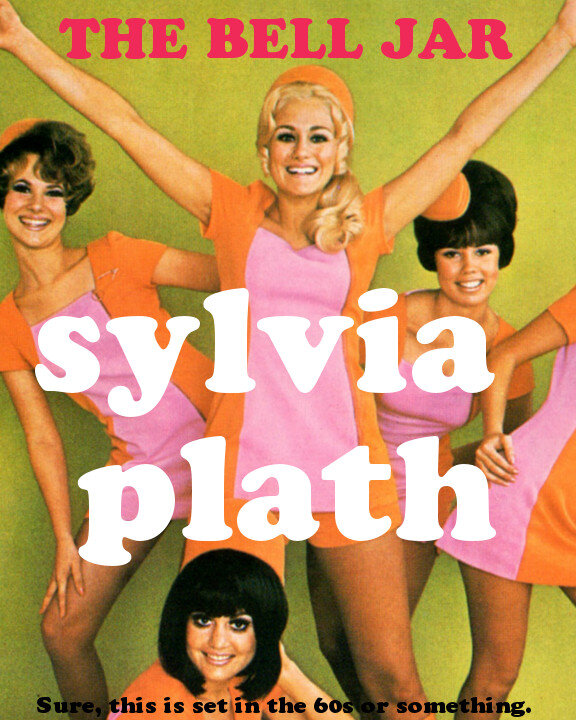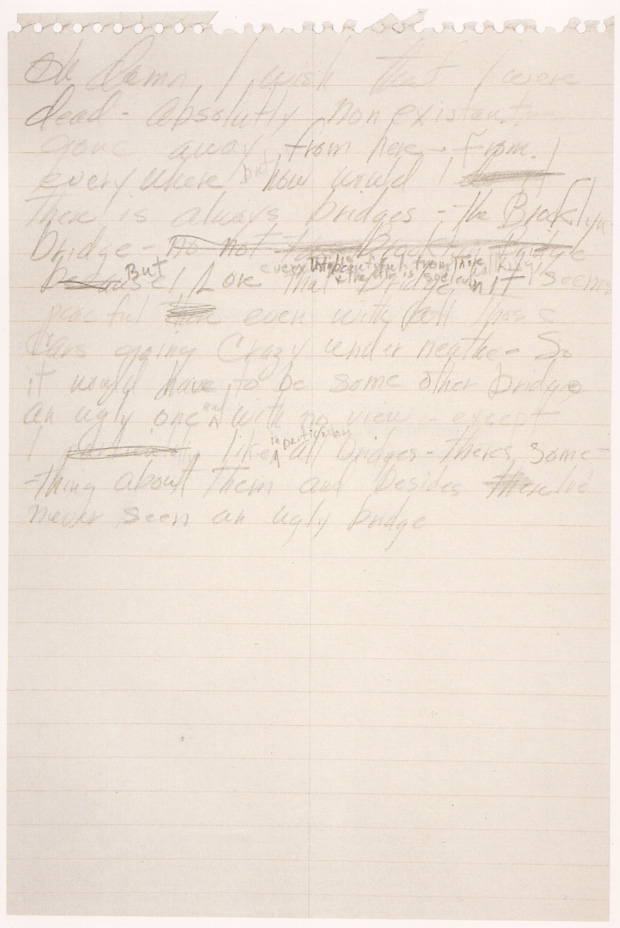
I knew Brazza would be nothing like South Africa. What I didn't except was how much I would realise how un-African South Africa is with a real African country to compare it to. Brazza is a relatively small city, devoid of all the images of wildness and violence that have come to characterise its region and full of the nicest, most relaxed people. The Congolese are the kind so chilled they don't think to haggle and squabble over the price of a dress or a bracelet and never call out or harass foreign visitors to the market like traders in China or Thailand are wont to do. Perhaps they just aren't used to having that many tourists around to haggle with: in a country with very little FDI, very poor infrastructure, only two real tarred main roads in the whole city and no tourist spots that we could find, that would seem like a fair conclusion. The hotel we stayed in was fantastic but it was the jewel of the city and it was almost embarrassing to drive past the ruins and shacks were most of the Congolese live on route to the shining marble entrance hall and free wifi of our 5 star hotel.

The streets (or most often, dirt roads) are alive with activity: taxis narrowly avoiding hitting people and other taxis, merchants selling their goods to passerbys. We saw a number of photocopy/cyber cafes as we drove through the city but no malls, no stand-alone shops to speak of at all. The electricity went out frequently but anyone who has lived through Eskom's load shedding seasons isn't bothered by that too much. The fascinating thing was watching this phenomenon from a distance: on more than one occasion we found ourselves in prime position as the sun set, right on the river bank. Across the dark waters, the city of Kinshasa looked ready to eat us alive. Lights everywhere, Kinshasa at that distance could have been Joburg or Cape Town. But every time we would look over, a different part of the city would be illuminated, while another had gone out. The power outages didn't result in massive gaps in the evening skyline but instead resulted in subtle little changes here and there si that you were sure this building or that was lit up just a few moments ago. It gave the shimmering city the look of a moving thing. As the lights went out and came on and went out, the city could have been some giant beast crawling along the other side of the Congo River. Besides the real human cost of these energy inefficiencies, the sight was beautiful.

Because we managed to somehow convince a local by the suspiciously non-French name of Joe to drive us around for a day, we got to see much more of the city than many of our fellow étonnants voyageurs. We visited Livingstone Falls where the rapids have taken many to their end but children bathed unsupervised and unconcerned. We went to the market where I bought clothes and jewellery and then to a small art market where I bought an oil painting of the city's lush forestry from a young local artist.
The reason for my trip, my panel on Digital Africa and digital publishing in Afica, was a lot of fun but it seemed almost naïve to be talking about tablets and submarine fiber optic cables when you're told that only 10% of people in the whole country of the DRC have access to electricity. Forget smart phones, 3G or mobi novels, those are the real challenges. I kept thinking that's what we should really be talking about. Nonetheless, it was very interesting to hear about Congolese experiments with digital publishing and online writing. We all have far to go but we're getting there.
I'd love to go back to Brazzaville. Even though I got asked for a bribe at the airport, even though it was so hot I was melting, even though none of the taxi drivers knew where we wanted to go which resulted with a lot of driving about in the back streets of the hoods of Brazza.









